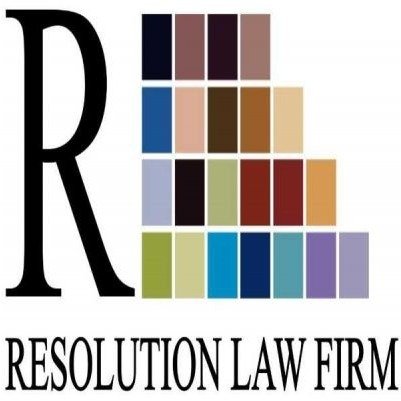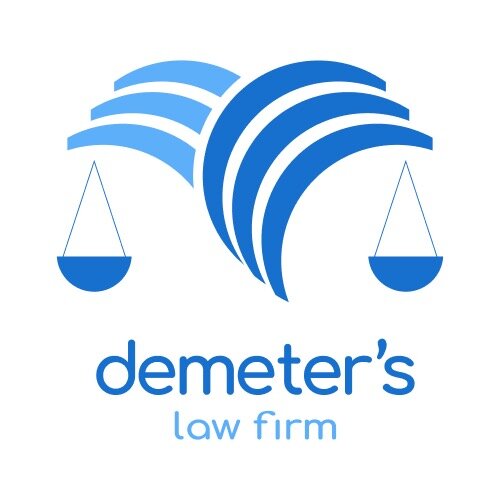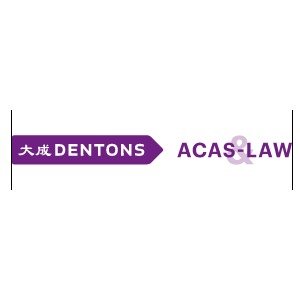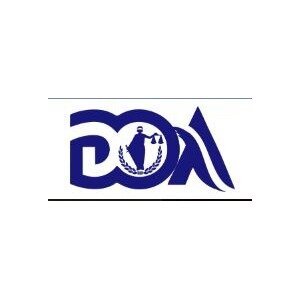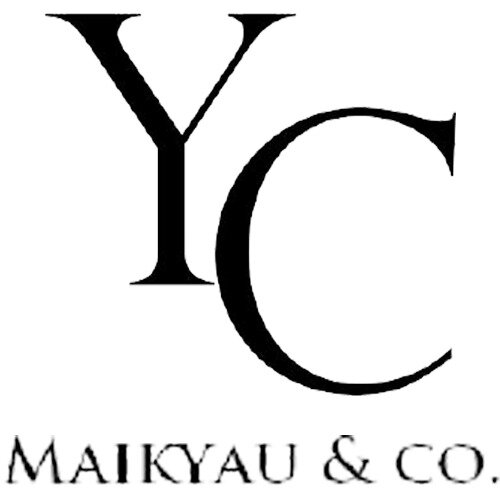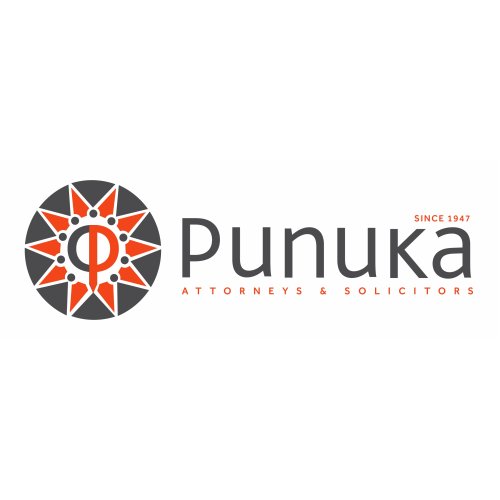Best Employment & Labor Lawyers in Abuja
Share your needs with us, get contacted by law firms.
Free. Takes 2 min.
List of the best lawyers in Abuja, Nigeria
Nigeria Employment & Labor Legal Questions answered by Lawyers
Browse our 5 legal questions about Employment & Labor in Nigeria and read the lawyer answers, or ask your own questions for free.
- Unlawful termination of employment
- Unlawful termination of employment
-
Lawyer answer by Remedium Reel Attorneys
You need to specify you question clearly. Your employment may unlawfully terminated either through formal notice or constructive dismissal. If you have been faced with any of these mode of termination you can approach the court for relief(s) as the...
Read full answer - Unwilling resignation from sack treaths
- I have received sack treaths from my superior, so I unwillingly resigned to avoid a sack history in my career. Do I have right to sue or be protected?
-
Lawyer answer by Asma Lawyers In Pakistan
Dear Sir, yes you have right to sue your employee, along with recovery of damages and stay against compelled resignation letter. Best regards, Asma Tanveer Randhawa Adv
Read full answer - Damages claims from non payments of terminal benefits
- A new company taking over a liability ( with the terminal benefits from the former company inclusive) and refused payment for 4years plus and counting ..
-
Lawyer answer by Nomos Legal Practice
Hello and thank you for your interest to hire a lawyer to claim or receive damages from non-payments of terminal benefits for over 4 years and counting.We increase access to justice globally as we advise clients on their rights and...
Read full answer
Nigeria Employment & Labor Legal Articles
Browse our 1 legal article about Employment & Labor in Nigeria written by expert lawyers.
- Are Unwritten Employment Contracts Legally Valid and Enforceable in Nigeria?
- A contract of employment can exist whether orally or in writing. It can arise out of any discussion, obligation or instruction to do an act as far as the elements of a contract are present. Agreements are made to be honoured. An unwritten contract is enforceable provided it complies with... Read more →
About Employment & Labor Law in Abuja, Nigeria
Employment & Labor Law in Abuja, Nigeria governs the relationship between employers and employees in the country. It covers various aspects, including hiring, wages, working conditions, termination, and workplace safety. The Nigerian Labor Act and the Labor Act of the Federal Capital Territory (FCT) are the primary legislations that regulate employment and labor in Abuja.
Why You May Need a Lawyer
There are several situations in which you may require legal help in Employment & Labor in Abuja, Nigeria. Some common cases where you may need a lawyer include:
- Unfair dismissal from employment
- Wage theft or non-payment
- Discrimination or harassment at the workplace
- Violation of employment contracts
- Workplace accidents and injuries
Local Laws Overview
Employment & Labor laws in Abuja, Nigeria are primarily governed by the following key aspects:
- Minimum Wage: The Nigerian government sets a minimum wage that employers must pay their employees.
- Working Hours: The Labor Act of the FCT specifies the standard working hours, daily and weekly, for employees in Abuja.
- Health and Safety: Employers are required to maintain a safe workplace and ensure the health and safety of their employees.
- Discrimination and Harassment: The laws prohibit workplace discrimination based on gender, religion, race, or ethnic background. They also protect employees against harassment.
- Termination: The Labor Act specifies the conditions for terminating employment contracts and the rights of employees in case of dismissal.
Frequently Asked Questions
1. Can my employer terminate my contract without a valid reason?
No, employers in Abuja cannot terminate your contract without a valid reason. The Labor Act provides guidelines for termination and ensures that employees are protected from unfair dismissal.
2. What should I do if I'm experiencing workplace discrimination?
If you are experiencing workplace discrimination, you should consider documenting the incidents and reporting them to your Human Resources department. If the issue persists, you can consult with a lawyer to understand your rights and explore legal options.
3. How long can an employer keep an employee on probation?
The Labor Act of the FCT states that the maximum probation period for an employee is six months. After this period, the employer must confirm the employee's appointment or terminate the contract.
4. Is there a minimum wage in Abuja?
Yes, there is a minimum wage in Abuja. The Nigerian government periodically reviews and sets a minimum wage applicable to all employers in the country.
5. What steps should I take if my employer has not paid my wages?
If your employer has not paid your wages, you can start by raising the issue with your employer directly. If this does not resolve the problem, you can lodge a complaint with the Ministry of Labor or seek legal assistance to recover your unpaid wages.
Additional Resources
If you need further information or legal advice on Employment & Labor in Abuja, Nigeria, consider contacting the following resources:
- Abuja Chamber of Commerce, Industry, Mines and Agriculture (https://www.accima.com.ng/)
- Nigerian Labour Congress (https://www.nlcng.org/)
- Federal Ministry of Labor and Employment (https://labour.gov.ng/)
Next Steps
If you require legal assistance in Employment & Labor law matters in Abuja, Nigeria, you should consider the following steps:
- Gather all relevant documents and evidence related to your case.
- Research and identify reputable lawyers or law firms specializing in Employment & Labor law in Abuja.
- Consult with a lawyer to discuss your situation and receive legal advice.
- If necessary, engage the services of a lawyer to represent you and protect your rights.
Lawzana helps you find the best lawyers and law firms in Abuja through a curated and pre-screened list of qualified legal professionals. Our platform offers rankings and detailed profiles of attorneys and law firms, allowing you to compare based on practice areas, including Employment & Labor, experience, and client feedback.
Each profile includes a description of the firm's areas of practice, client reviews, team members and partners, year of establishment, spoken languages, office locations, contact information, social media presence, and any published articles or resources. Most firms on our platform speak English and are experienced in both local and international legal matters.
Get a quote from top-rated law firms in Abuja, Nigeria — quickly, securely, and without unnecessary hassle.
Disclaimer:
The information provided on this page is for general informational purposes only and does not constitute legal advice. While we strive to ensure the accuracy and relevance of the content, legal information may change over time, and interpretations of the law can vary. You should always consult with a qualified legal professional for advice specific to your situation.
We disclaim all liability for actions taken or not taken based on the content of this page. If you believe any information is incorrect or outdated, please contact us, and we will review and update it where appropriate.
Browse employment & labor law firms by service in Abuja, Nigeria
Abuja, Nigeria Attorneys in related practice areas.




